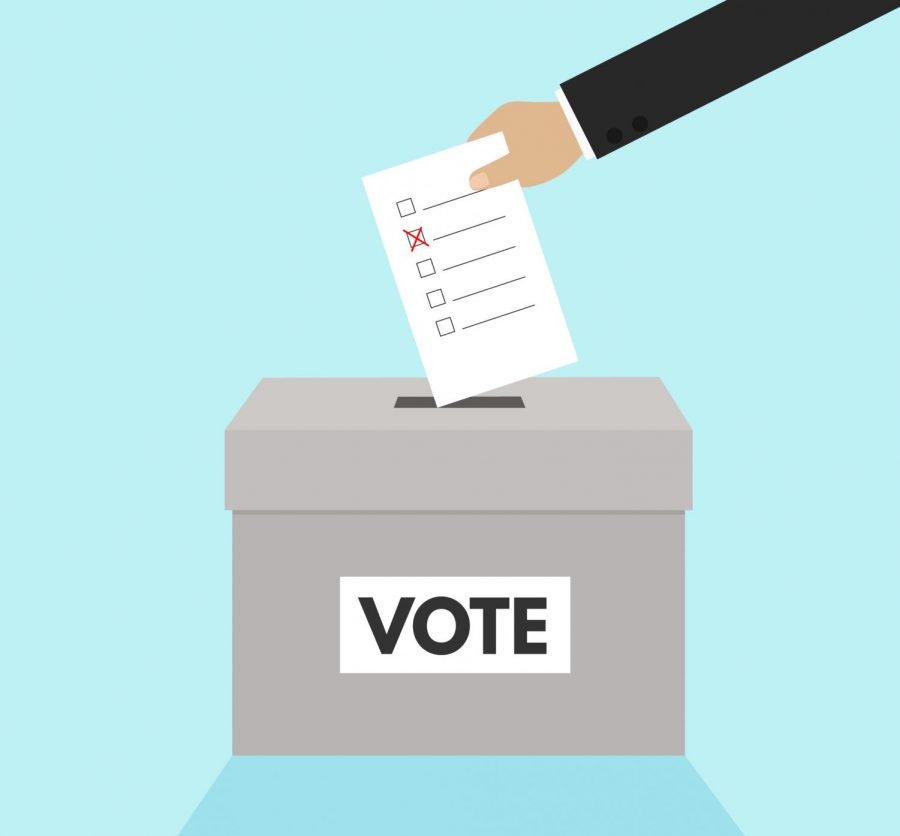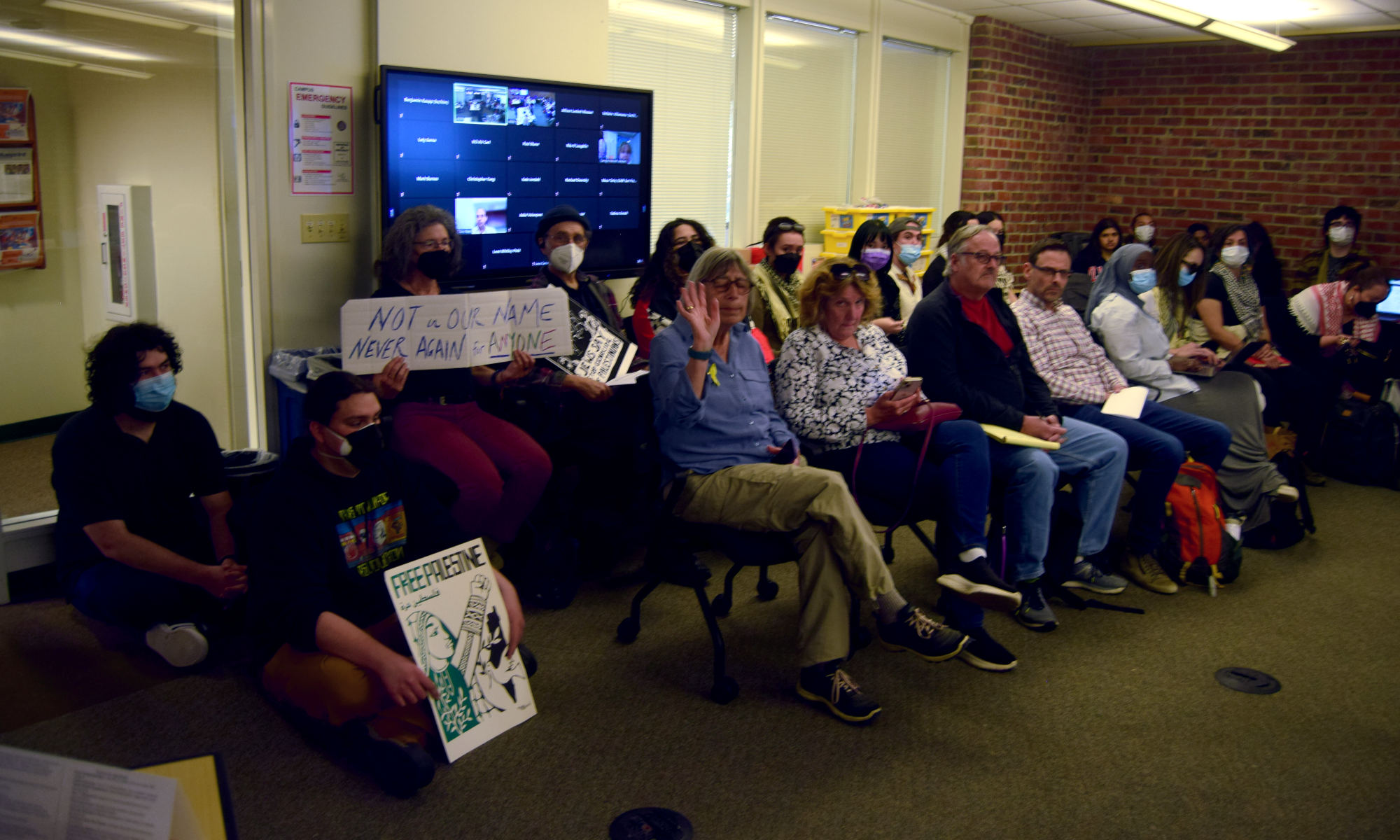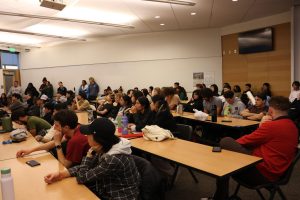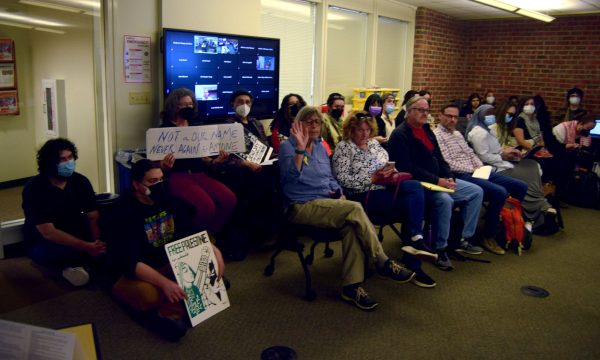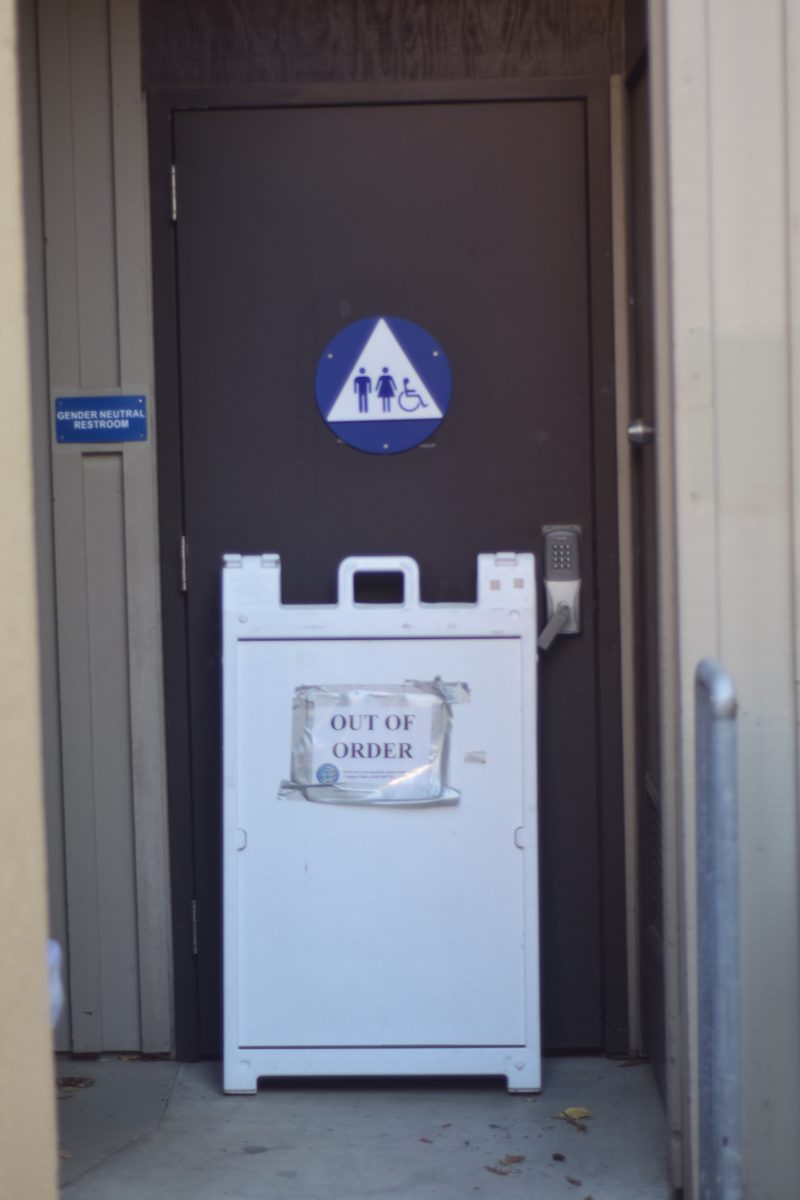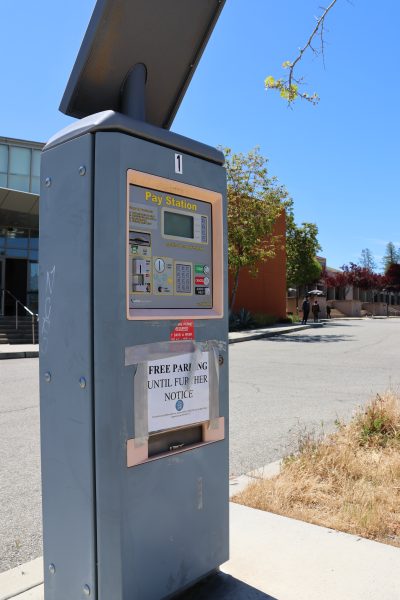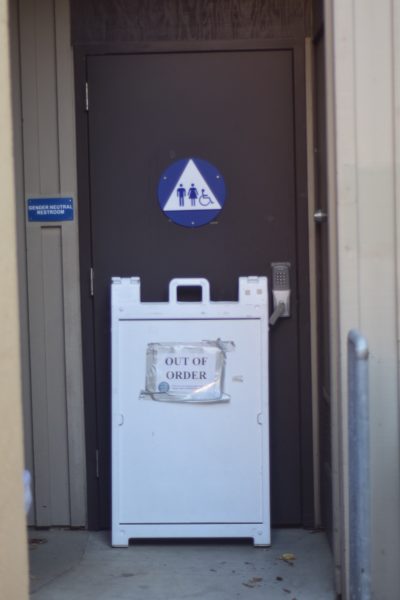California’s liberal reputation faded after results of 2020 propositions
The proposition results of the 2020 election have faded the glow of its reputation for supporting liberalistic policies.
November 29, 2020
With a population richly characterized by multi-racial and ethnic groups, California has been considered for the past 25 years to be decidedly democratic-progressive. But the proposition results of the 2020 election have faded the glow of its reputation for supporting liberalistic policies.
Here is a rundown of a few propositions endorsed by the California Democratic Party and their results.
Proposition 15: Rejected. Would have increased funding for public schools, community colleges, and local government services by revamping the tax system for commercial and industrial properties–residential properties and small businesses were exempt.
Proposition 16: Rejected. Would have allowed race to be a determining factor for governmental decisions in an effort to increase diversity.
Proposition 22: Passed. The CDP had called for it to be rejected. It classified app-based drivers as “independent contractors” instead of employees, giving drivers more flexibility but excluding them from company benefits such as healthcare, unemployment insurance, and others.
Proposition 25: Rejected. Would have replaced monetary bail with a new pretrial release system based on public safety and flight risk.
In total, only three of nine propositions endorsed by the CDP were passed.
As a resident of California’s Bay Area, it was surprising for me to learn that a state I had thought to be unapologetically and earnestly liberal had not passed these democratically sanctioned propositions; particularly Props 16 and 22.
Shaped as this perspective may be by the diversity of the people in my community, California must come to a reckoning with the true intensity of its shade of blue.
Despite living in a state that prides itself on refusing to adhere to the osmosis of apathy and heralding the changes that come with hybridized culture, the majority of Californian voters leaned on being conventionally cautious with their proposition voting decisions this year.
What does this mean for the future?
With over 39 million residents, California is the most populated state in the U.S. The fact that a proposition approving for increasing diversity to be incorporated into federal law can make it on the ballot in the most populous American state speaks volumes to the continuation of the “American Dream.”
In other words, California has the potential to continue to enact social and political change in America’s legal atmosphere with understanding.
But perhaps, it’s not quite there yet.



